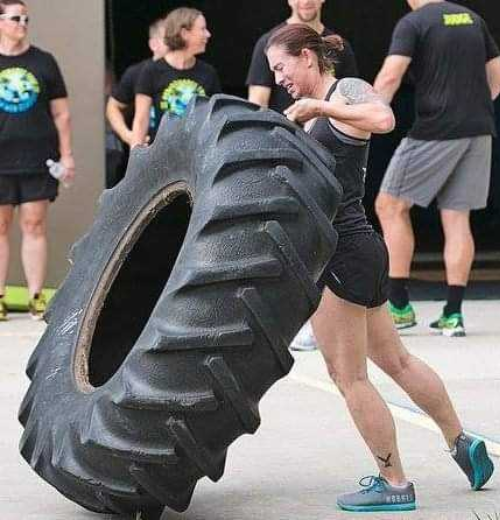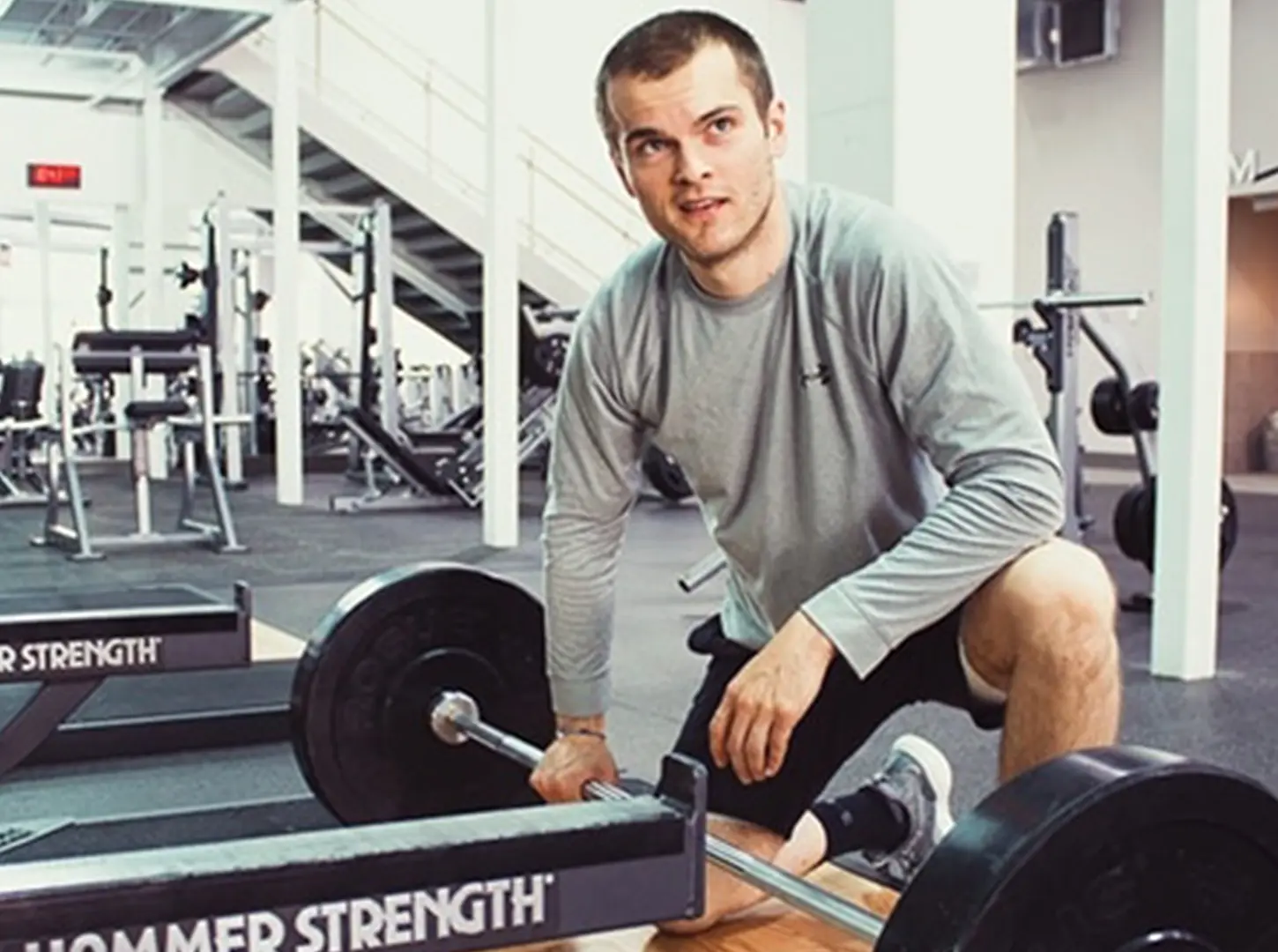PRs slowing down and you’re feeling a plateau? Your recovery could be to blame!
Recovery isn’t just for serious competitive athletes. Even if you’re a computer programmer who goes to the gym three days a week and plays soccer on the weekend. If you’re going hard in the gym, you need to recover hard too!
You might be able to get away with performing well after one night of bad sleep, or hitting a PR when you’re hungover once in a while, but imagine an entire week without good sleep: Could your perform well then? Or what about a month of binge- drinking 3 nights a week: Think you could PR then?
Although you hopefully haven’t ever gone a week without sleeping, many of us are still chronically under-recovered. For most people, under-recovery is more a result of poor lifestyle and nutrition choices than training volume.
Any of this sounding familiar?
In Part 1— we’ll consider symptoms that tell you your recovery is out of whack. In Part 2, we’ll look at potential solutions to the problem.
Here are some signs and symptoms that your recovery might not be on point:
You haven’t PR’ed in months
If you don’t find your numbers going up, especially if you’ve only been committed to your training for a year or two (once you hit five years, plateaus do become normal and part of the process, but in your first year or two of training, PRs should happen quite often if you’re coming to the gym regularly and following a consistent program).
DOMS all day everyday
Obviously you’re going to be sore from doing 100 pull-ups if the most pull-ups you normally do is 45 to 50, but if you’re feeling DOMS (delayed-onset muscle soreness) more than you used to, or after a training session you know your body shouldn’t feel sore from, it could have something to do with poor recovery.
Resting Heart Rate
Is your resting heart rate higher (or lower) than it used to be? If you’re not recovering from training, or from other physical or mental stresses, you might notice a rise in your resting heart rate. If the problem isn’t dealt with—as the body gets more and more warn down—you might experience a decline in your resting heart rate. Knowing your resting heart rate is certainly a good thing to keep track of, so you can then note changes if and when they do occur.
Tossing and turning in bed?
Did you used to be a good sleeper, and now you find yourself unable to fall asleep, or you wake up and can’t get back to sleep? Again, this might have to do with your recovery: In this case, perhaps your adrenal glands aren’t recovering enough. It could also have to do with stress: Too much cortisol in the body will negatively affect your sleep.
If this sounds like it might be you, check back in for Part 2 – Solutions to get you back on track and crushing life!












